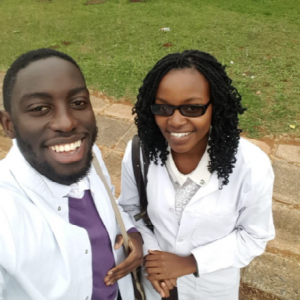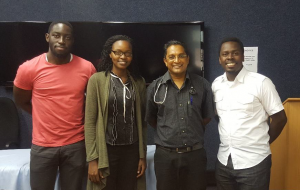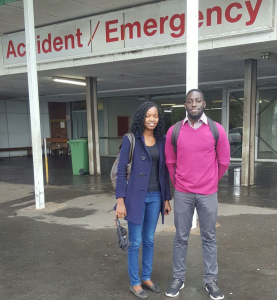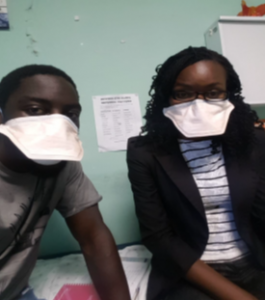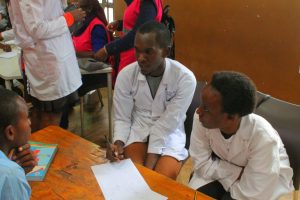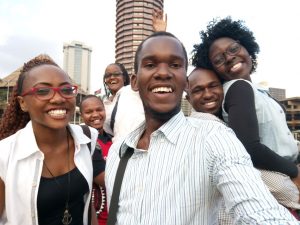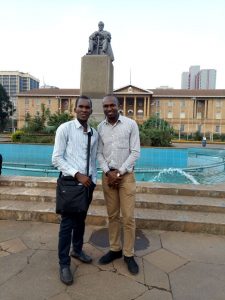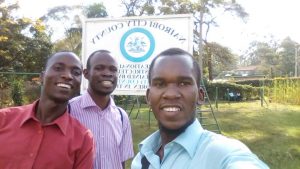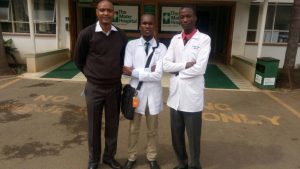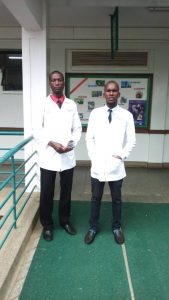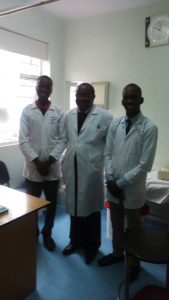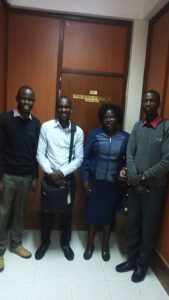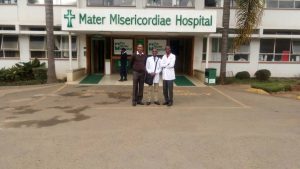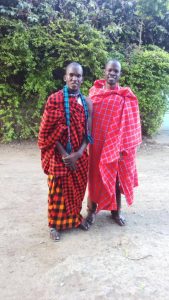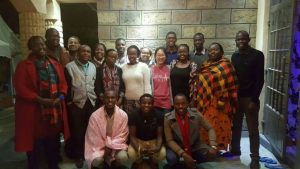Post by Frank Mayindi, a GEMx Medical Student from Makerere University College of Health Sciences [MEPI] taking an elective program at Kenyatta University
Frank Mayindi is my name, from Uganda, a Muganda by tribe, 24-year-old male currently pursuing a bachelor’s degree in medicine and surgery at Makerere University Uganda-Kampala College of Health Sciences currently in my fourth year of study, with a very strong passion for surgery, aspiring to be a neurosurgeon in future.
I undertook an elective placement at Kenyatta University Nairobi, Kenya through the period of 2nd June to 1st July under the Global Education in Medicine Exchange (GEMx) and I take this opportunity to extend my heartfelt gratitude to everyone that made this possible. ( Makerere University international office, Kenyatta University, and the GEMx co-ordinators).
My stay in Kenya was full of many experiences. While at Kenyatta University I rotated in the Department Of Surgery at the Kiambu level 5 hospital.
For the time I was in the hospital, I participated in ward rounds (major and grand), clerkship, and examination of patients, follow up of care of patients and bedside teachings. These activities enhanced my clinical skills especially in surgery and also served as a stepping stone to pursue my career in surgery.
I also attended CME’S (Continuous Medical Education sessions) and Morbidity and Mortality reports in which I got updated about some of the current medical practices and different approaches to patient care. I also appreciated the key leading causes of mortality and morbidity in the hospital’s catchment area.
Through my interaction with fellow students, I learned a lot about the Kenyan culture in terms of language, culture, and entertainment. I cannot withstand the temptation to mention about the wedding I attended at one of my friend’s place and the fact that most of the weddings were held on Saturdays and all vehicles attending a burial had to bear a red cloth tied to side mirrors or any available place as a mark.
I managed to attend a community outreach held at Brydges Home Center in Kajiado County, it was a place away from Nairobi and I managed to have an experience of Kenya outside the main capital city. While at the outreach I stationed in the pharmacy department where I managed to dispense different medications to the different patients, it gave the opportunity to interact with the pharmacy students and also learn briefly about the common drugs used in Kenya.
Through my stay in Kenya, I realized that it was a cold country compared to my home country, however, I managed to maneuver through the weather through the use of jumpers and very thick sweaters. However, there were no unexpected outcomes through my stay in Kenya.
I was warmly welcomed by the student community especially the students I was to rotate with, at a moment I didn’t feel I was in a different country, they played a major role in my stay in Kenya. They taught me a lot of Kiswahili and Kikuyu, allowed me to join them in their co-curricular activities like football matches plus tennis and also I participated in their discussions as early as the 4th day of my stay. Still, through the guidance of my fellow students I managed to visit the national hospital of Kenya-Kenyatta National Hospital-and this broadened my picture of the health care system in Kenya. All in all my interaction with the students was far-reaching and up to now I still maintain communication with them and there was no moment I felt unsafe and not welcomed by them. Through interaction with the lecturers, I managed to meet with surgeons practicing in Kenya and the chairman of the department of surgery at the hospital, these greatly natured me in the field and encouraged me to pursue my career further.
To any student out there planning to partake a GEMx elective in a country away from home, I strongly encourage you not to hesitate to pursue such an elective. Learn about the language of the host country especially the basic words for basic community survival and also while in the host country make as many contacts as possible to further grow your carriers and to enhance your international relations and let every day that you spend for your elective count.





